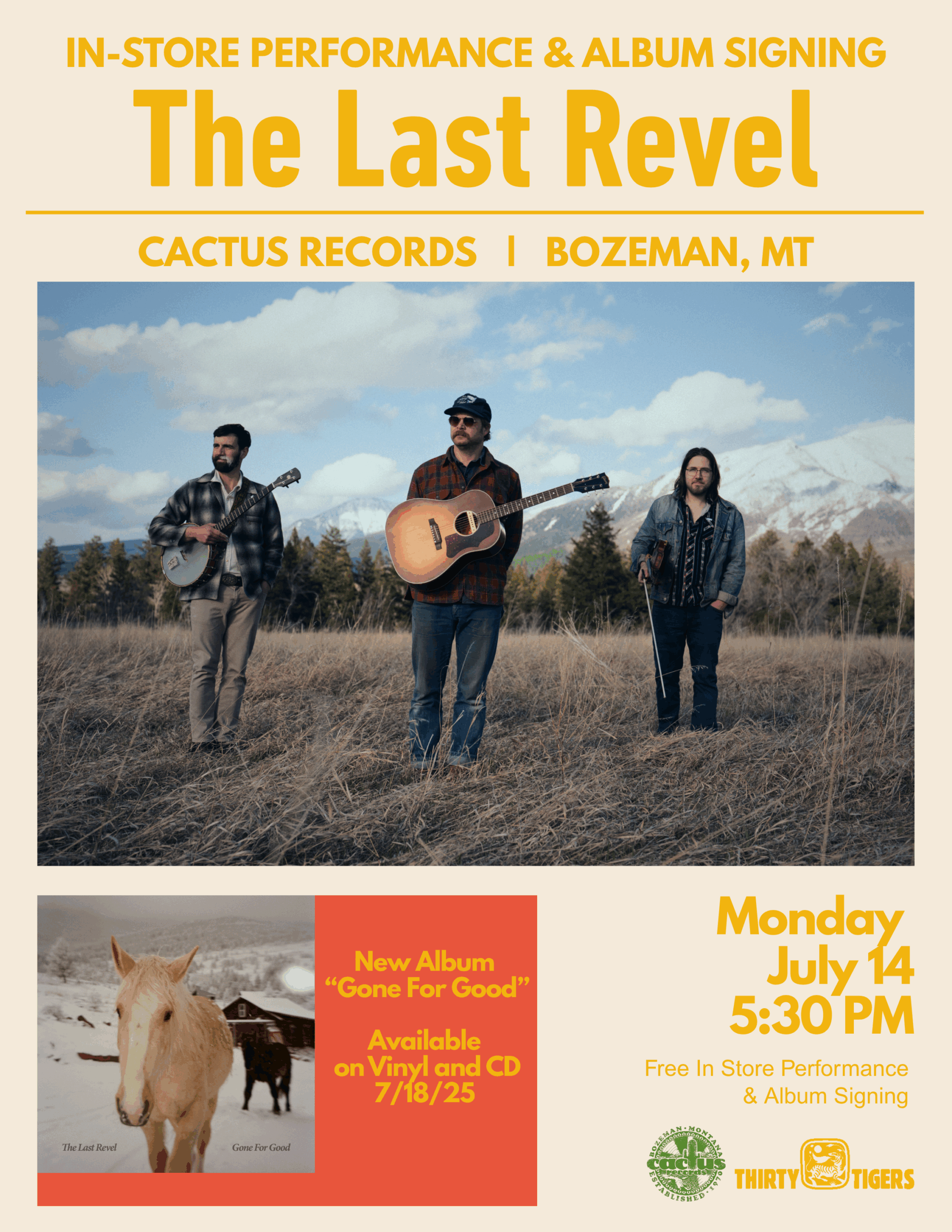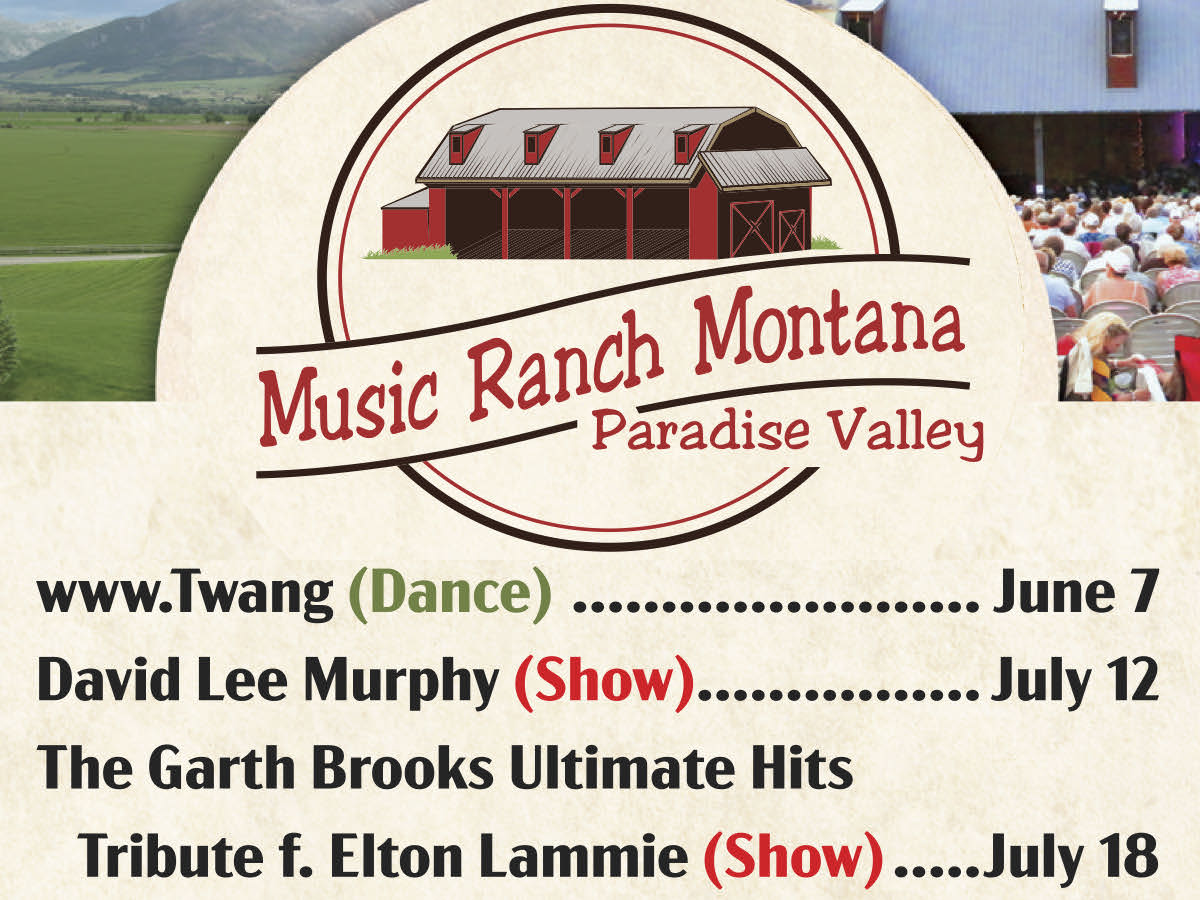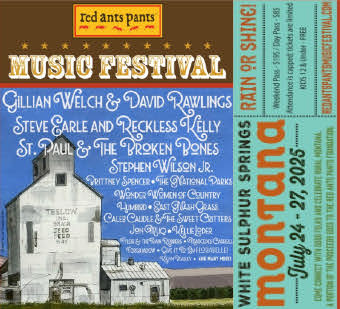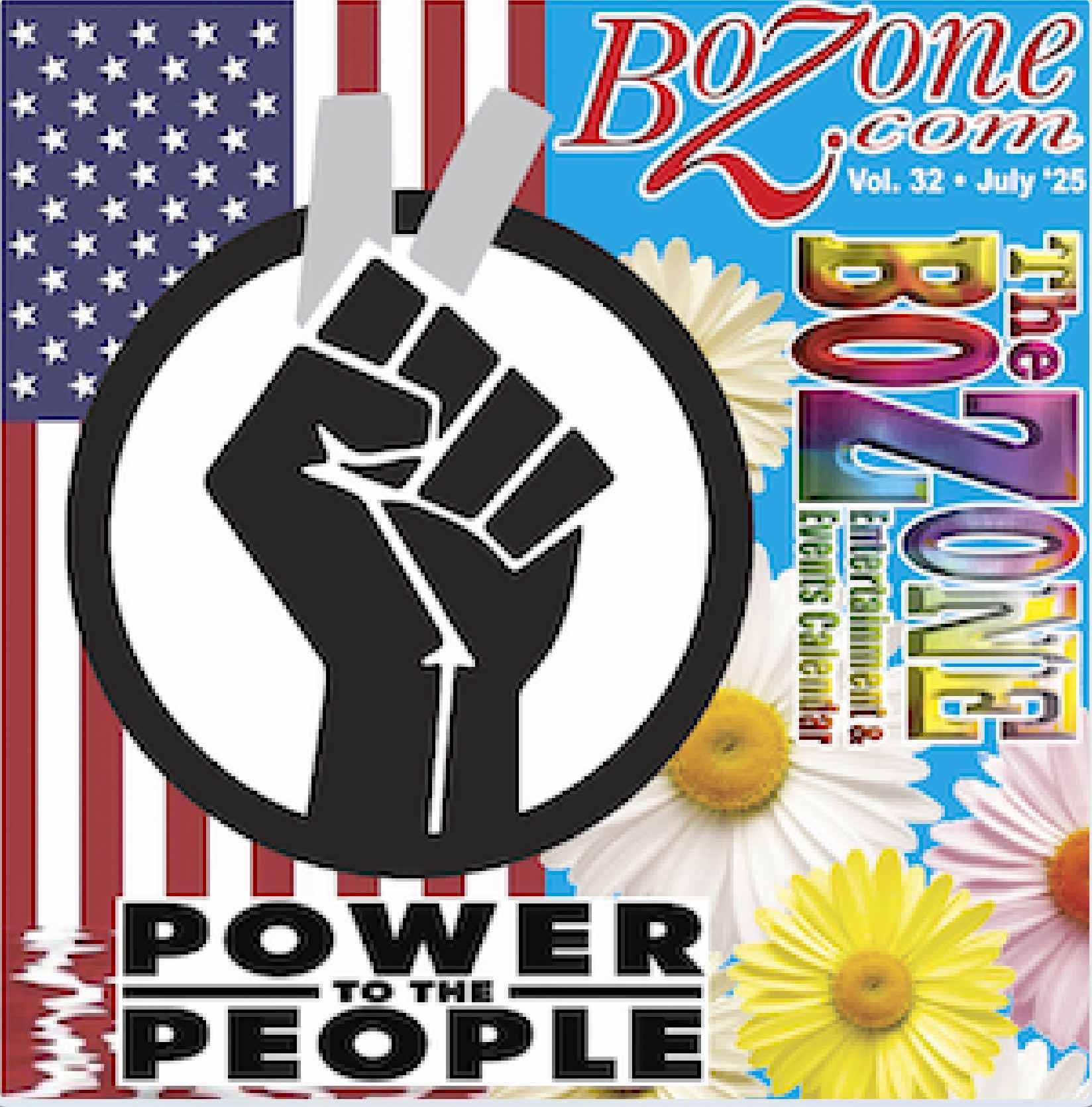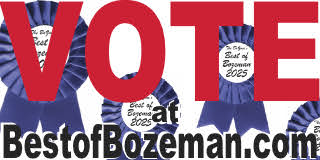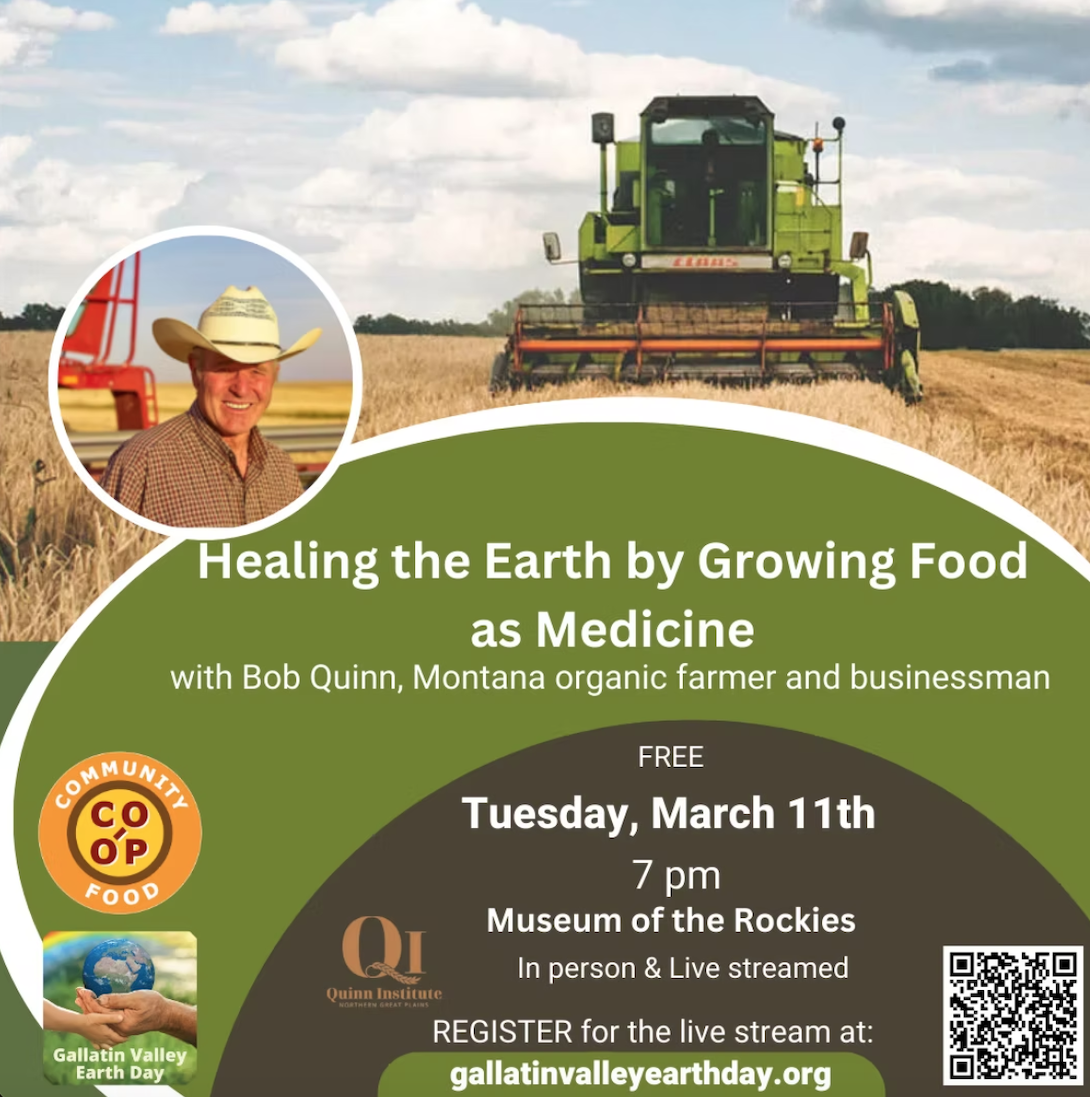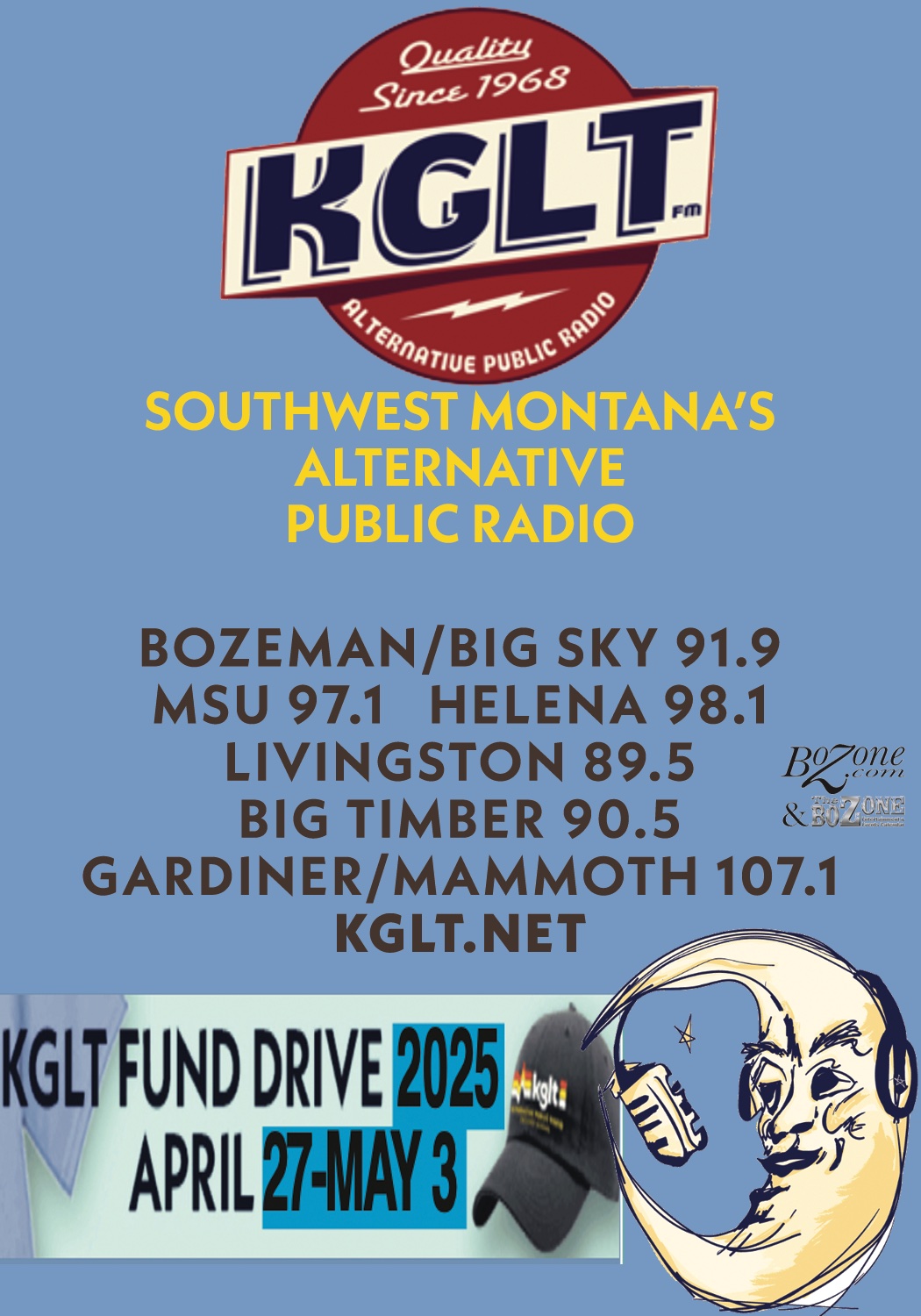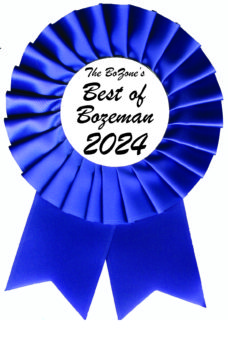by Kari Bowles:
Social Satire at its Raunchiest It seems odd to realize that South Park, the gleefully obscene cartoon sitcom created by Trey Parker and Matt Stone, has now been on the air for over twenty years. I was in fifth grade when it first came out, and I can remember all of the pruriently thrilled twittering among the kids (mostly boys, but some girls as well) at school—who had managed to watch it and who hadn’t? What if your parents found out you had? Of course, the fact that the show was not for kids made kids hunger to see it even more by the sheer fact of prohibition. Parker and Stone clearly were aware that such a reaction would happen—Americans automatically expect all animated fare to be children’s fare, and often react with indignant outrage when a film or TV series contradicts this expectation. When South Park: Bigger, Longer & Uncut was released in the summer of 1999, Parker and Stone were pointing a razor-sharp satirical scalpel at the MPAA and the hypocrisy of American morality groups.
Even now, in 2017, it still contains something to offend just about everyone. But even if most of the humor is scatological and a profanity is uttered every thirty seconds, the raunch-factor is redeemed by the shrewdly observed social commentary. At least for those who are able to withstand the barrage of irreverence. Kyle, Stan, Kenny, and Cartman set off to see the new Terrance and Philip movie. When told that it is rated R, they bribe a homeless man into being their adult guardian. They soak in the movie’s wall-to-wall profanity, leading their horrified parents to launch a campaign against Terrance and Philip and, by extension, the country of Canada. Meanwhile, Kenny—dying as he always does— ends up in Hell, becoming a witness to the relationship difficulties between Satan and Saddam Hussein (Satan stays up late reading a book called “Saddam is from Mars, Satan is from Venus”). Can order be restored before all Hell breaks loose?
One of the surprising things about Bigger, Longer & Uncut is that it is also a musical. It can be read as a primer for The Book of Mormon, Parker and Stone’s Tony-award winning Broadway show (also gleefully iconoclastic). But it’s also a nod to the structure of classic Disney films. What better way to highlight how different animated musicals can be? The opening number, “Mountain Town,” has a jaunty dance-able quality, while being painfully accurate for anyone who grew up in “a quiet little redneck mountain town.” The perky and delightfully random “What Would Brian Boitano Do?” is fun and a likely source of earworm. But the best song, for my money, is “Blame Canada.” It manages to be clever and catchy, and wickedly pointed all in a compact two minutes. The song was performed by Robin Williams at the 2000 Academy Awards in a memorable staging—pity the Oscar went to Phil Collins.
Movie Lovers is Bozeman’s independent movie rental store, with hundreds of titles you won’t find on steaming services. Located at 200 S 23rd, next to Albertsons. •
